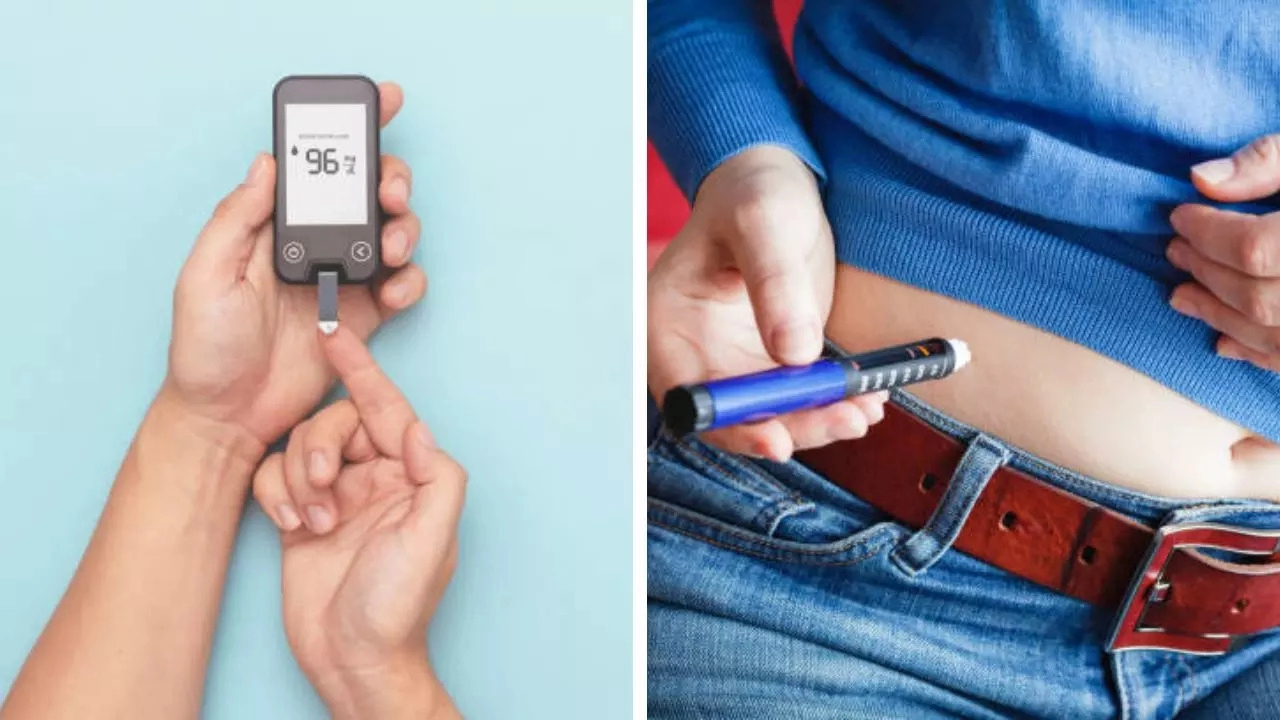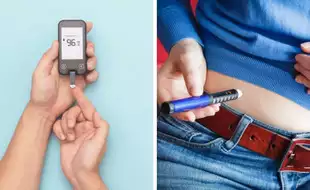
86 of participants in the study used Recellularization via Electroporation Therapy, or ReCET to improve a patient's sensitivity to their insulin
Diabetes Treatment: More than 80 per cent of those who have type 2 diabetes would no longer need to use insulin, a breakthrough study has found. According to research done by Amsterdam University Medical Center, it could be life-altering for more than half a billion people estimated to be living with high blood sugar levels across the world.
The two-year-long study says 86 per cent of those who participated in the two-year-long study, used a procedure known as Recellularization via Electroporation Therapy, or ReCET – that improves a patient's sensitivity to their insulin, addressing the main reason behind the disease. Scientists say ReCET is compliance-free, unlike other drug therapies that require daily medication adherence.
The study, led by Dr. Celine Busch and presented at the United European Gastroenterology Week congress in Vienna, recently – included a small group of 14 participants aged between 28 and 75 years, who were monitored over the course of 24 months.
How was ReCET used to improve insulin sensitivity?
According to Dr. Busch, electroporation, an endoscopic operation that applies controlled electric pulses to "create small, irreversible holes in the cell membranes," was used on the participants to facilitate DNA delivery into cells. It was done to help improve the body’s sensitivity to insulin.
Dr. Busch said the treatment did prove to enhance the body’s sensitivity to insulin produced internally, but the exact mechanism behind it has not been fully understood yet. After the endoscopy - the participants then followed a strict isocaloric liquid diet for 14 days and thereafter started a course of weekly semaglutide medication to control blood sugar levels.
Dr. Bush and his team monitored the data at six and 12 months to follow-up on all participants and deduced that 12 out of 14 did not require insulin therapy. Furthermore, they did not need it even after 24 months. The team said no serious adverse effects were reported, and only one patient was informed about the side effects of semaglutide, due to nausea.
Researchers say ReCET is a safe procedure for type 2 diabetes
Dr. Busch said that the final results suggested: "ReCET is a safe and feasible procedure that, when combined with semaglutide, can effectively eliminate the need for insulin therapy.” He added, “Unlike drug therapy, which requires daily medication adherence, ReCET is compliance-free, addressing the critical issue of ongoing patient adherence in the management of type 2 diabetes," she continued.
Dr. Busch and her team will now conduct bigger trials to validate the findings of this study.
Get Latest News Live on Times Now along with Breaking News and Top Headlines from Health and around the world.

